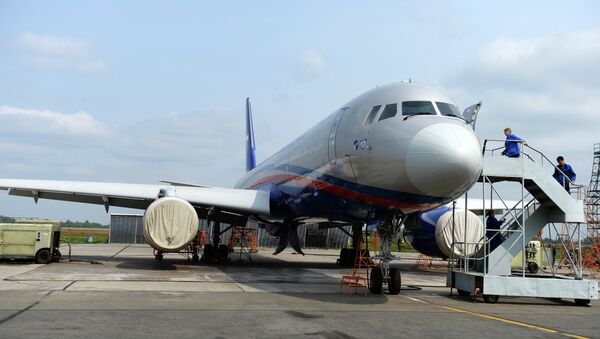"The US accusations against us are completely groundless. Russia acts in full compliance with the agreements and their terms — as well as with the agreement on the destruction of chemical weapons," Serebrennikov said.
On Monday, US President Donald Trump signed the 2019 National Defense Authorization Act into law. According to the bill, the United States will not obligate any funds to implement the Open Skies Treaty until penalties are imposed against Russia for previous violations.
READ MORE: Washington Freezes Open Sky Treaty With Moscow in New Defense Bill
Those restrictions were introduced in June 2017, when Washington stated that Moscow was violating the terms of the treaty by placing restrictions on overflights of Kaliningrad, Russia's enclave on the Baltic Sea. Addressing those allegations, Moscow stated that it fully complied with its obligations under the agreement.
The Treaty on Open Skies was signed in 1992 and became one of the measures to build confidence in post-Cold War Europe. It has been operating since 2002 and allows participating countries to openly collect information on each other's military forces and activities.
Sarmat Missiles
Serebrennikov also noted that Russia can provide additional materials to prove that the Sarmat ballistic missiles do not fall under New Strategic Arms Reduction Treaty (START), but there is little hope that Washington would accept these arguments.
"The Russian side has repeatedly provided the United States with evidence that these weapons in no way violate the New START treaty. They do not want to accept this evidence. Perhaps the Russian side will provide additional materials … I hope that these arguments will be accepted, but there is less and less hope," he said.
READ MORE: US Anti-Russia Sanctions Over "Chemical Weapons" Hurt OPCW Authority — Moscow
The legislation says that Trump must report if Russia will agree to declare the covered systems as strategic offensive arms or otherwise pursuant to the treaty.



